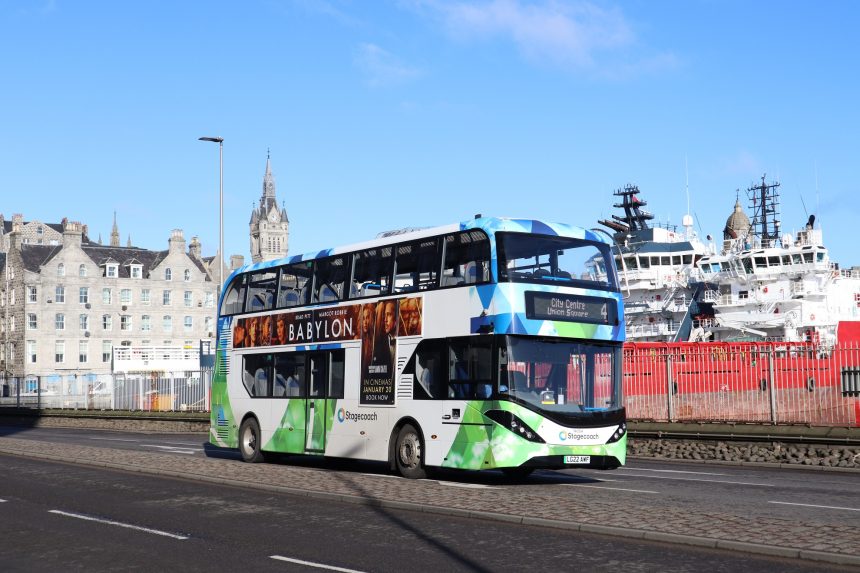In December 2023, I noted how that year, despite encouraging progress, turned out not to be what it had promised for significant moves in coach and bus decarbonisation policy. But with a new year comes fresh optimism that 2024 has all the ingredients to be an important period on the road to net zero for the sector.
Perhaps the most eagerly anticipated and significant moves are the long-awaited Department for Transport (DfT) policy instruments: A date for the end of sales of new non-zero-emission buses, and a consultation on BSOG reform in England. Both were promised in 2021 via the National Bus Strategy, and both are vital levers required to provide long-term certainty to the bus sector.
In Q1, operators and manufacturers will be looking forward to the outcomes of grant funding schemes in England and Scotland. In March, DfT is expected to announce decisions on applications submitted by local authority areas to the second round of the Zero Emission Bus Regional Areas scheme, with funding worth up to £129 million available.
Meanwhile, in Scotland, phase two of the Scottish Zero Emission Bus (ScotZEB2) challenge fund remains open until 19 January to allow for lead bidders to submit revised final applications, with the option for previously unsuccessful bidders to be incorporated.
Both schemes have the potential to provide a significant financial boost to the sector and accelerate the uptake of zero-emission coaches, buses, and minibuses. In Scotland, it is hoped that ScotZEB2 will kickstart the rollout of zero-emission vehicles beyond what is expected to be the final grant funding scheme of its type offered by Transport Scotland.
Deployment of zero-emission buses in Northern Ireland and Wales is anticipated to continue as well through existing devolved funding provided to Translink and Transport for Wales, respectively.
While new vehicles will continue to be the main driver of decarbonisation of coach and bus fleets, 2024 promises to be a year for growth in the repowering space, too. On the back of significant orders being placed across the UK towards the end of last year, repowering is expected to fully demonstrate the significant role it can play in the year ahead.
Zemo Partnership will continue to support the repowering sector with the rollout of the Zero Emission Repower Accreditation Scheme, which will be tied to the BSOG zero-emission bus 22p per km incentive in England.
Decarbonisation of coaches will continue to be a challenge in the absence of financial support for operators and development of a heavy-duty charging network across the nation.
Having said that, encouraging moves were made last year via the call for evidence on zero-emission coach and HGV infrastructure and the unveiling of a handful of new zero-emission coach models to enter the market, which have the potential to kickstart uptake of such vehicles in the years to come.
While the proof will be in the pudding over the next 12 months, this year certainly has the potential to be a significant one for coach and bus decarbonisation.
With policy changes tantalisingly close, and short-term grant funding expected soon, along with a growing market offering and buses remaining on the lips of politicians of all parties, things are looking up for a successful 2024 for coach and bus in the UK.
Wishing all a very happy new year from the Zemo Partnership team.

























